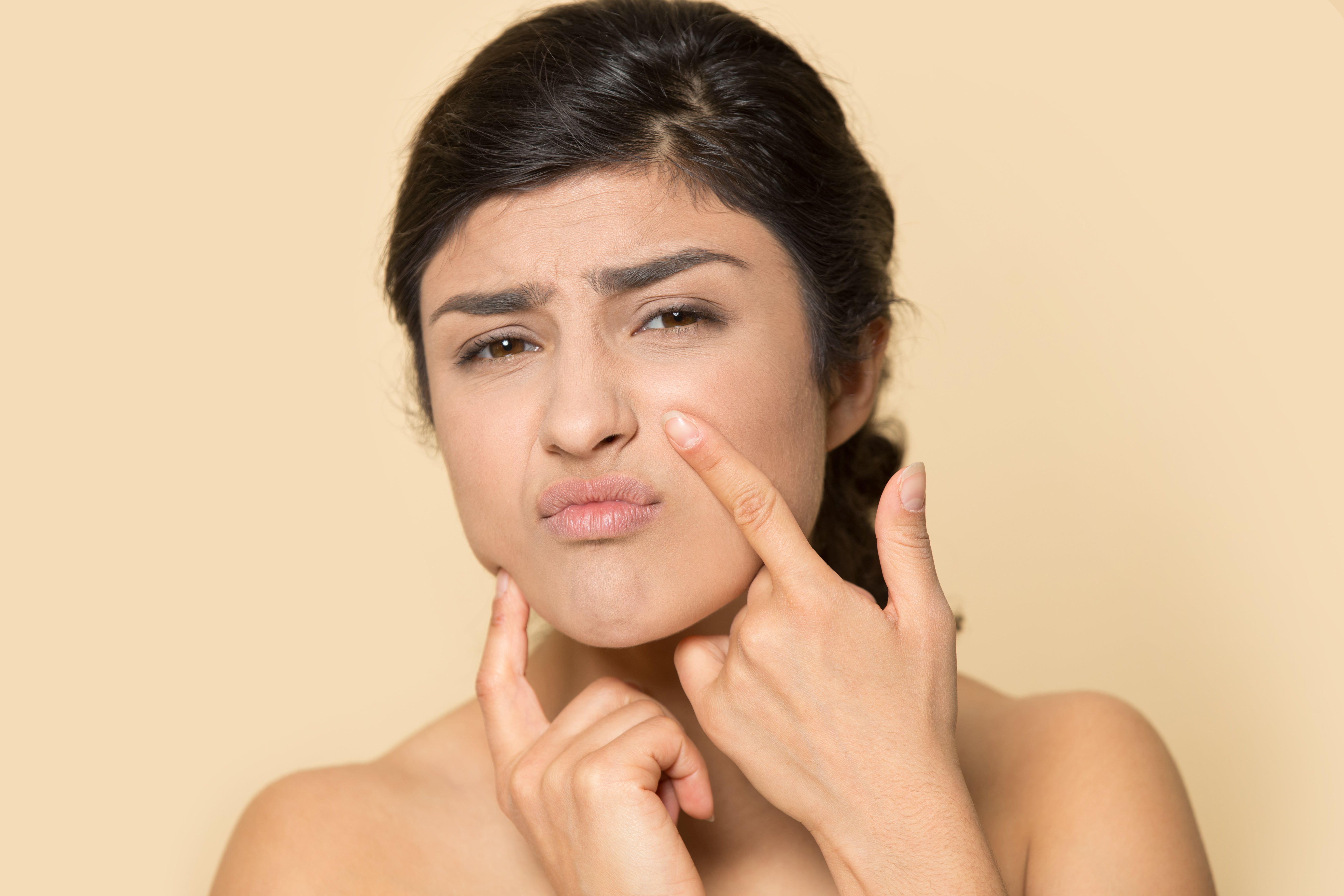
Does Vitamin C Serum Cause Acne?
There is a lot of debate surrounding whether or not Vitamin C Serum cause acne. Some people swear by its anti-aging properties, while others claim that it makes their skin break out in pimples. So, what's the truth? Does vitamin C serum cause acne?
It's no secret that pimples can be a real pain. Not only are they unsightly, but they can also be quite painful. So, it's natural to want to do everything you can to get rid of them. If you're using Vitamin C Serum as part of your skincare routine, you may wonder if it is one of the reasons for pimples.
In this blog post, we will take a look at the research on this topic and try to answer that question once and for all!
What are the Primary Acne Causes?
There are a number of different factors that can contribute to the development of pimples. One of the most important acne causes is hormones. Hormonal changes, such as those that occur during puberty or pregnancy, can cause an increase in pimple formation.
Other possible acne causes include certain medications, cosmetics, and diet. For example, some people believe that dairy products and foods high in sugar can trigger pimples. While there is no definitive evidence to support these claims, some people find that avoiding these foods helps to clear their skin.
What is Vitamin C?
Vitamin C is a nutrient that is found in many foods, such as oranges, strawberries, and tomatoes. It is also available in supplement form. Vitamin C is important for the body because it helps to repair tissue and keep the immune system strong.
When it comes to skincare, vitamin C has become quite popular in recent years. This is because it is thought to have many benefits for the skin, such as reducing wrinkles and evening out skin tone.
Also Read: What Can Vitamin C Do for Your Skin?
So, can vitamin C serum cause acne? Let's take a look at the research!
The primary reason that has led to this argument is that vitamin C is a potent pro-oxidant. In simple terms, this means it can cause skin inflammation. This is because vitamin C acts as a free radical instead of neutralizing free radicals and starts to damage the skin.
Reactive Oxygen Species (ROS) is a type of free radical in vitamin C that contains unstable oxygen molecules, which can put the skin cells under oxidative stress. Vitamin C is a potent antioxidant that can help to protect the skin from damage caused by free radicals. However, when used in high concentrations, vitamin C can actually act as a pro-oxidant. This means that it can actually contribute to the formation of free radicals. Air pollution is one of the primary reasons for this unwanted metal exposure, which is why vitamin C is often used as an environmental protectant.
But does that mean you should avoid using vitamin C serum if you're prone to pimples? Not necessarily.
You see, while it's true that vitamin C can cause skin inflammation, this only happens when it's used in high concentrations and not properly diluted. When used correctly, vitamin C can actually help to reduce pimples and other blemishes!
Vitamin C works by inhibiting the production of melanin, which is the pigment that gives skin its color. It also helps to brighten the skin, even out skin tone, and protect against free radical damage.
What's more, vitamin C is a powerful antioxidant that can help to protect the skin from damage caused by free radicals. This is important because pimples are often caused by inflammation, which is usually triggered by free radicals.
Also Read: Benefits of using niacinamide and vitamin C together
Factors to Consider when Shopping for Vitamin C Serum for Skin
When shopping for a vitamin C serum, it's important to keep a few things in mind.
1. A high concentration of vitamin C is always better. In fact, a concentration between 10% and 20% is ideal.
2. However, it's also important to make sure that the serum is properly diluted. This can be done by adding a few drops of water to the serum before applying it to the skin.
3. It's also a good idea to look for a serum that contains other ingredients that can help to reduce pimples. For example, niacinamide is an ingredient that has been shown to be effective at reducing pimples. Vitamin E and aloe vera are also good choices.
4. Finally, make sure to choose a vitamin C serum that is suitable for your skin type. If you have sensitive skin, opt for a serum that is designed for sensitive skin types. And if you have oily skin, look for a serum that is oil-free.
Explore The Pink Foundry's Serums Range to get your hands on the best Vitamin C serums for pimple-prone skin!






















































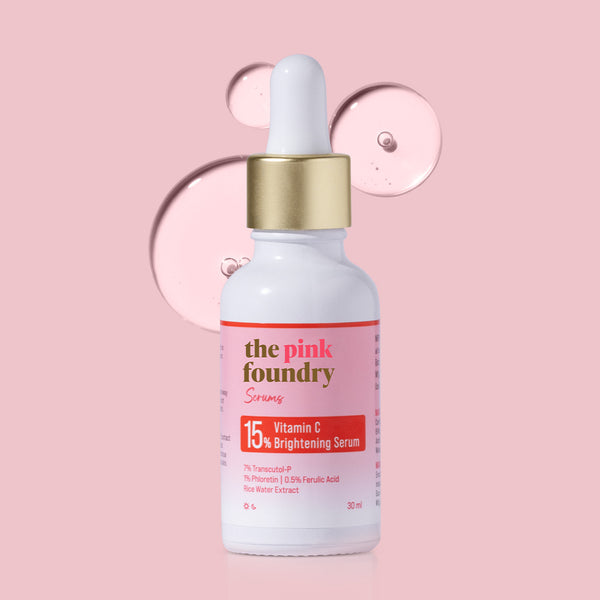
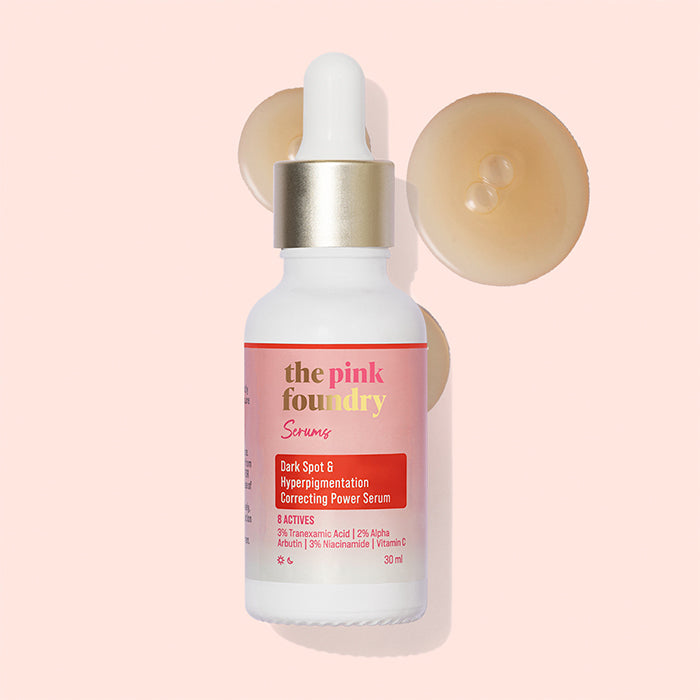
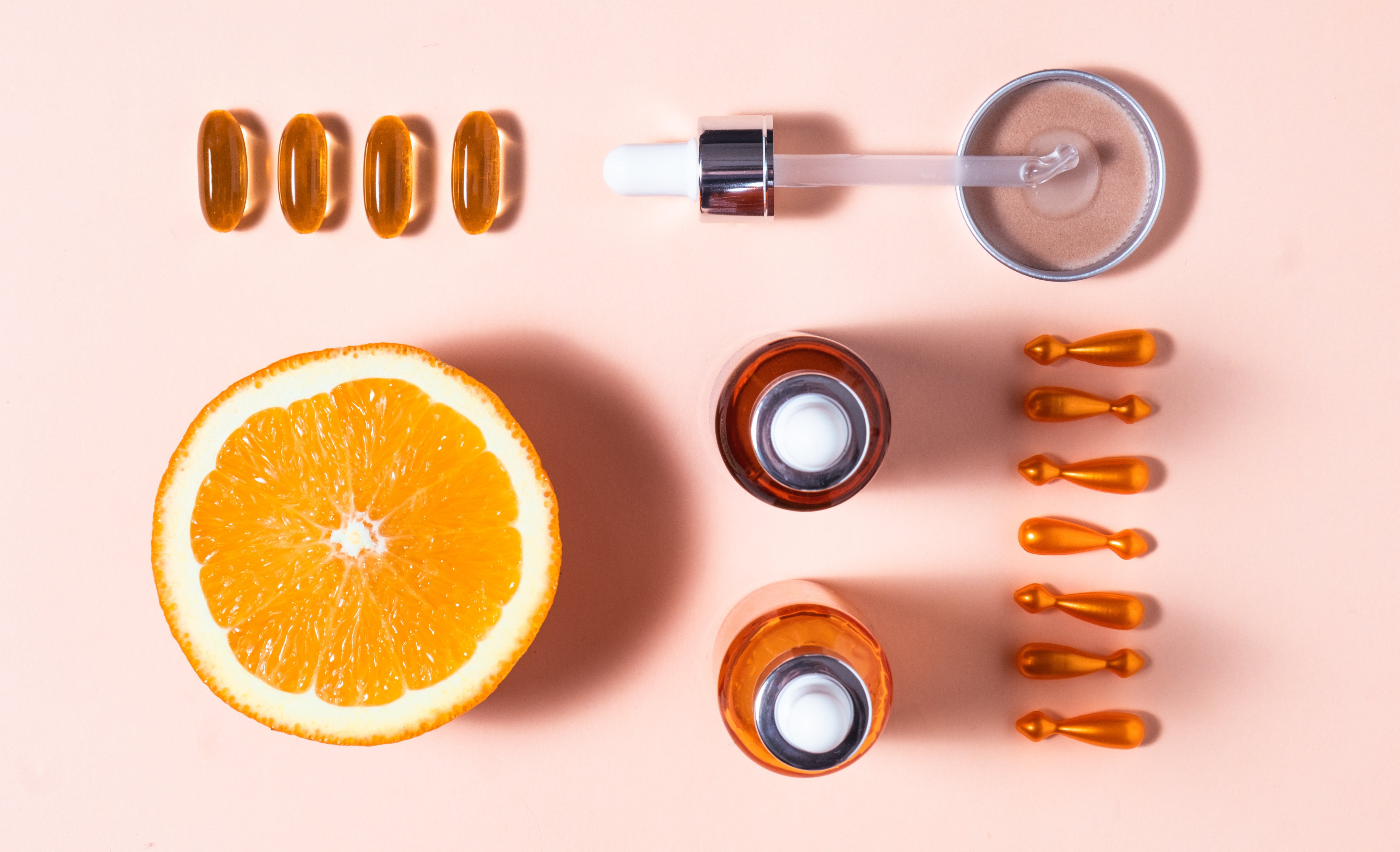
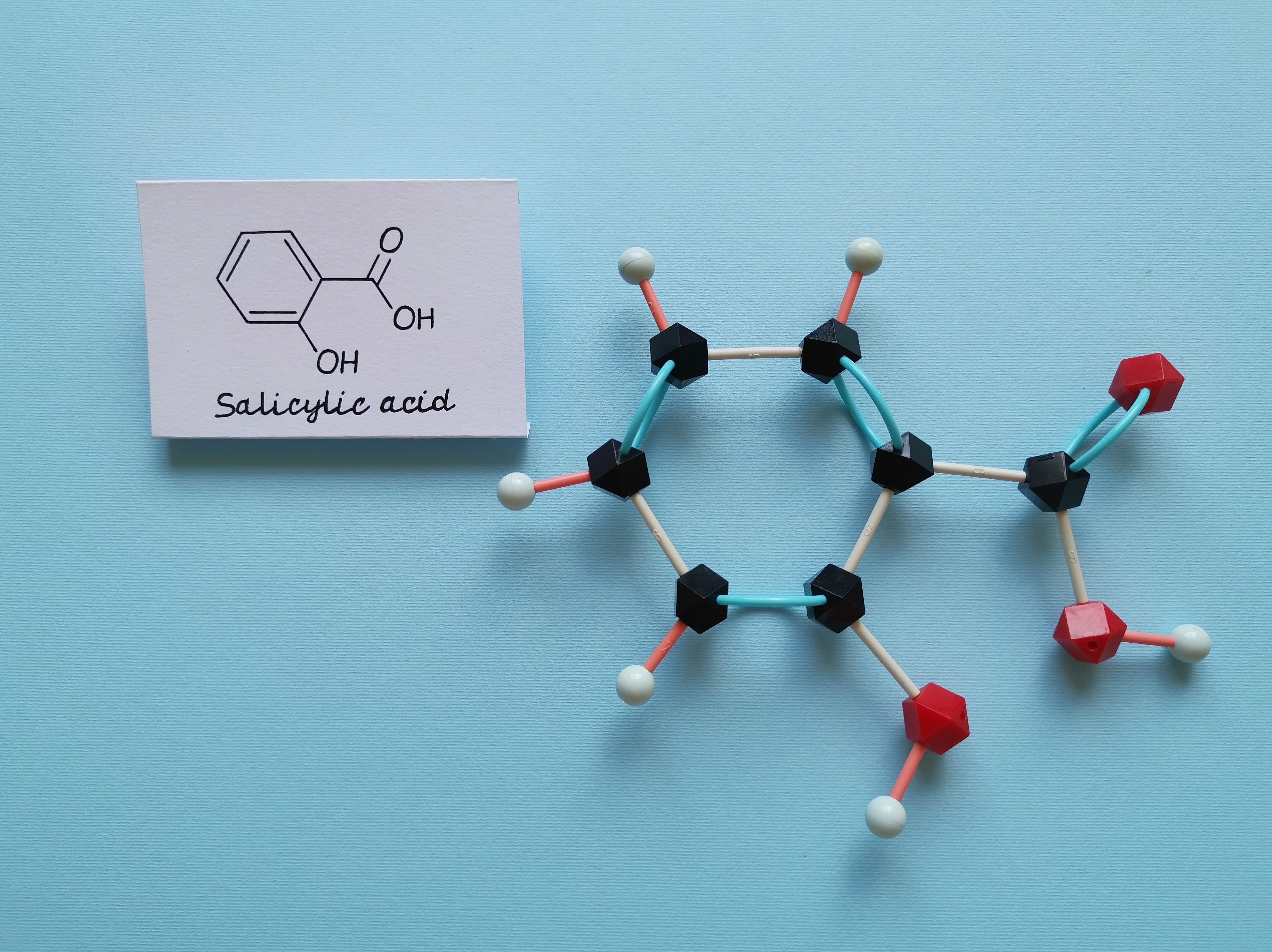
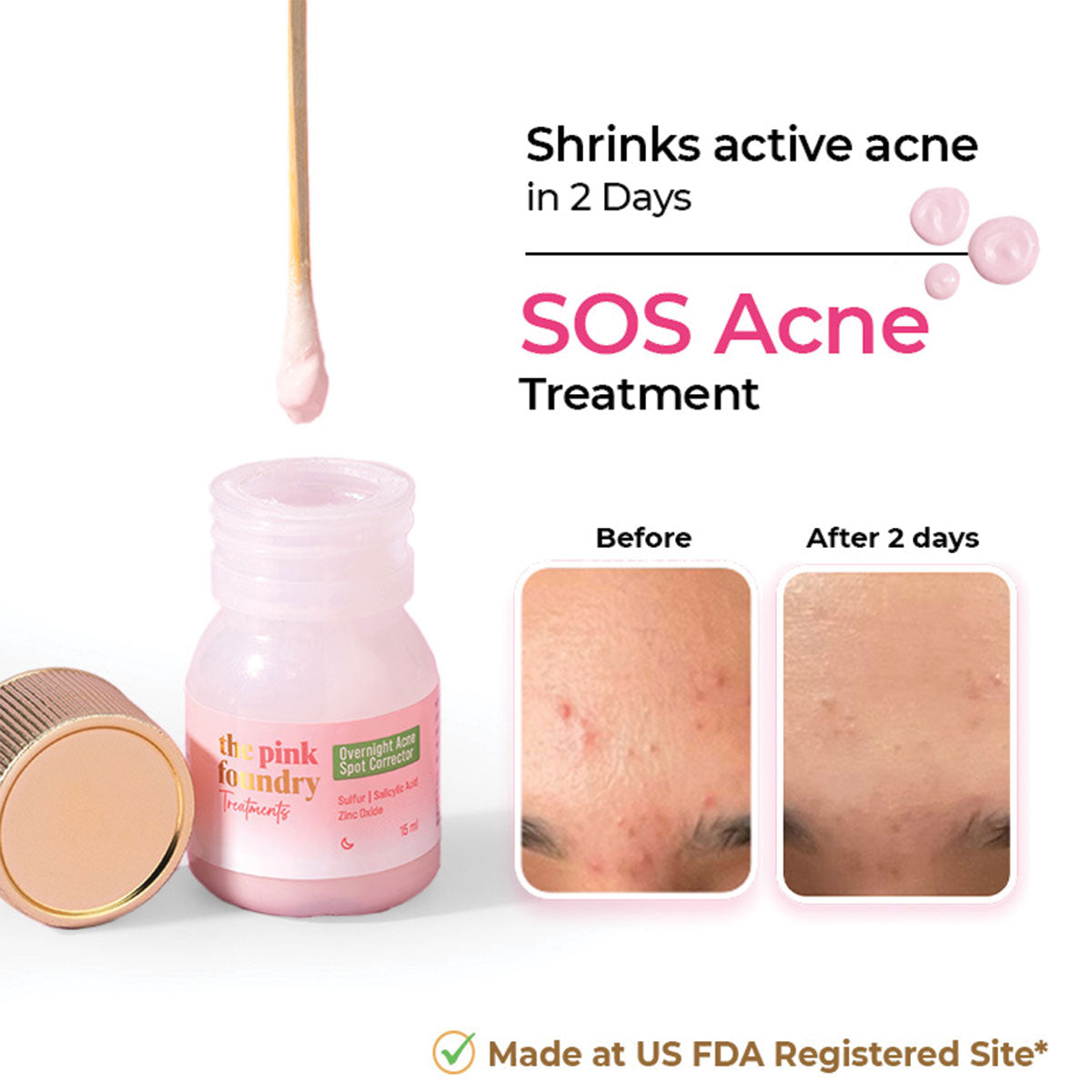
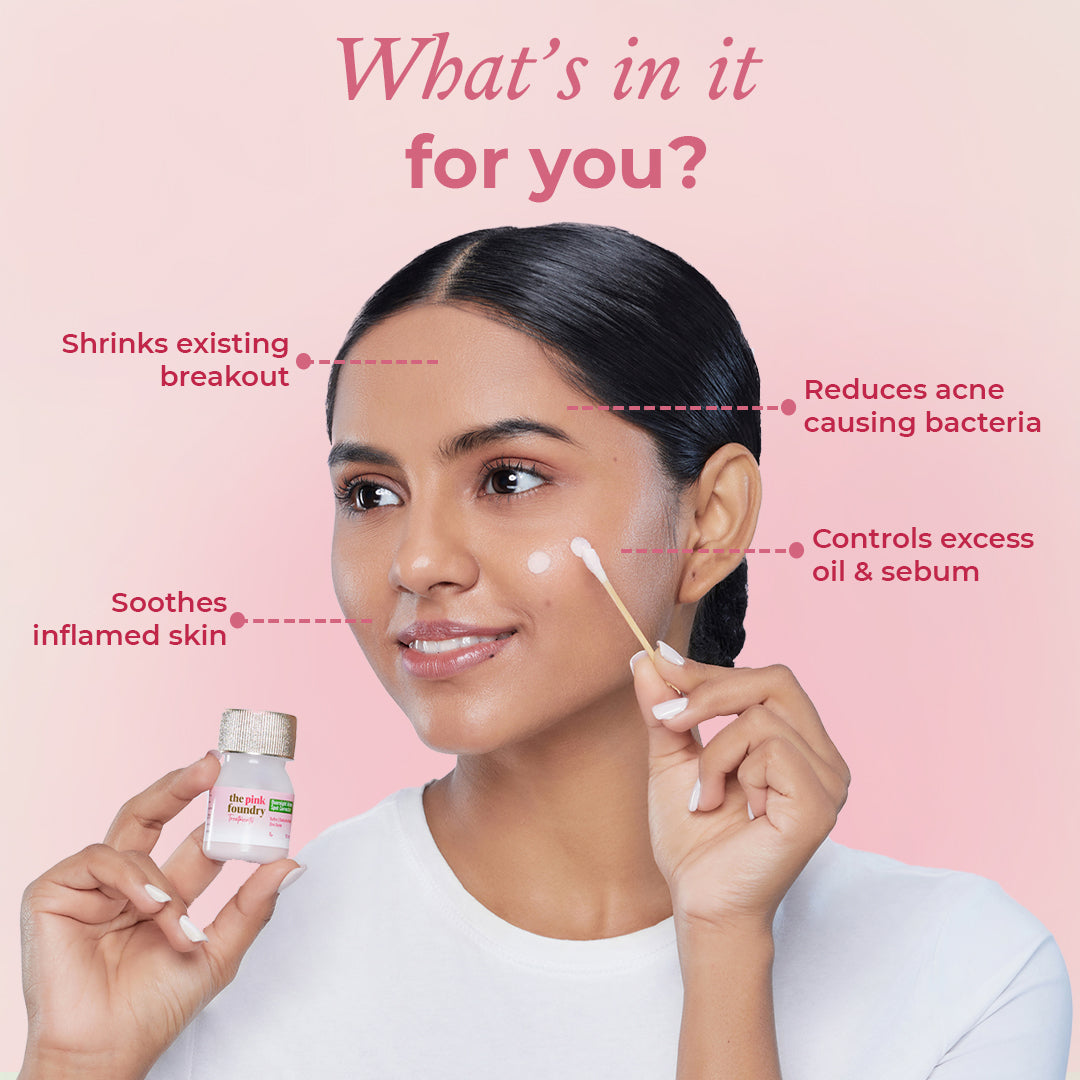


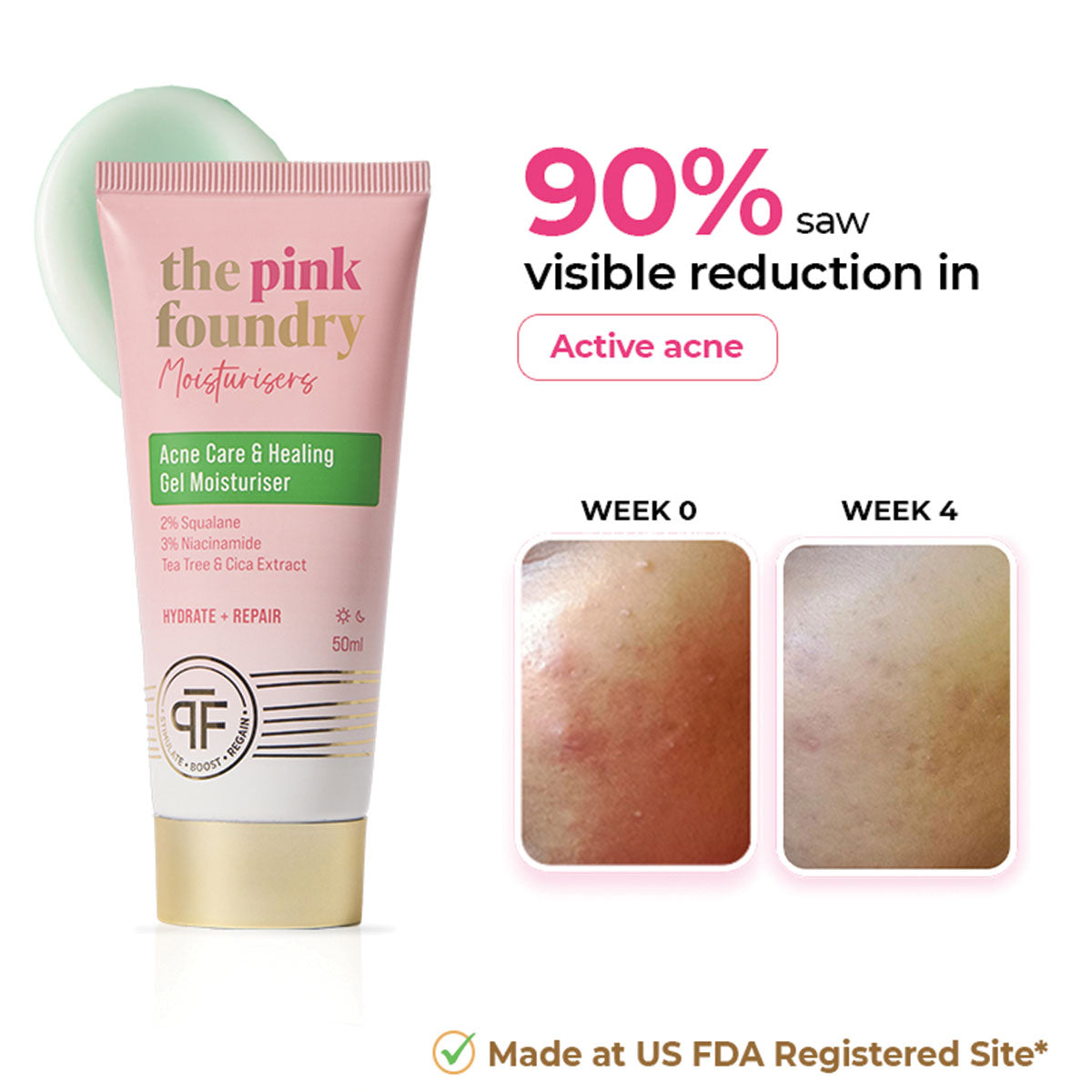
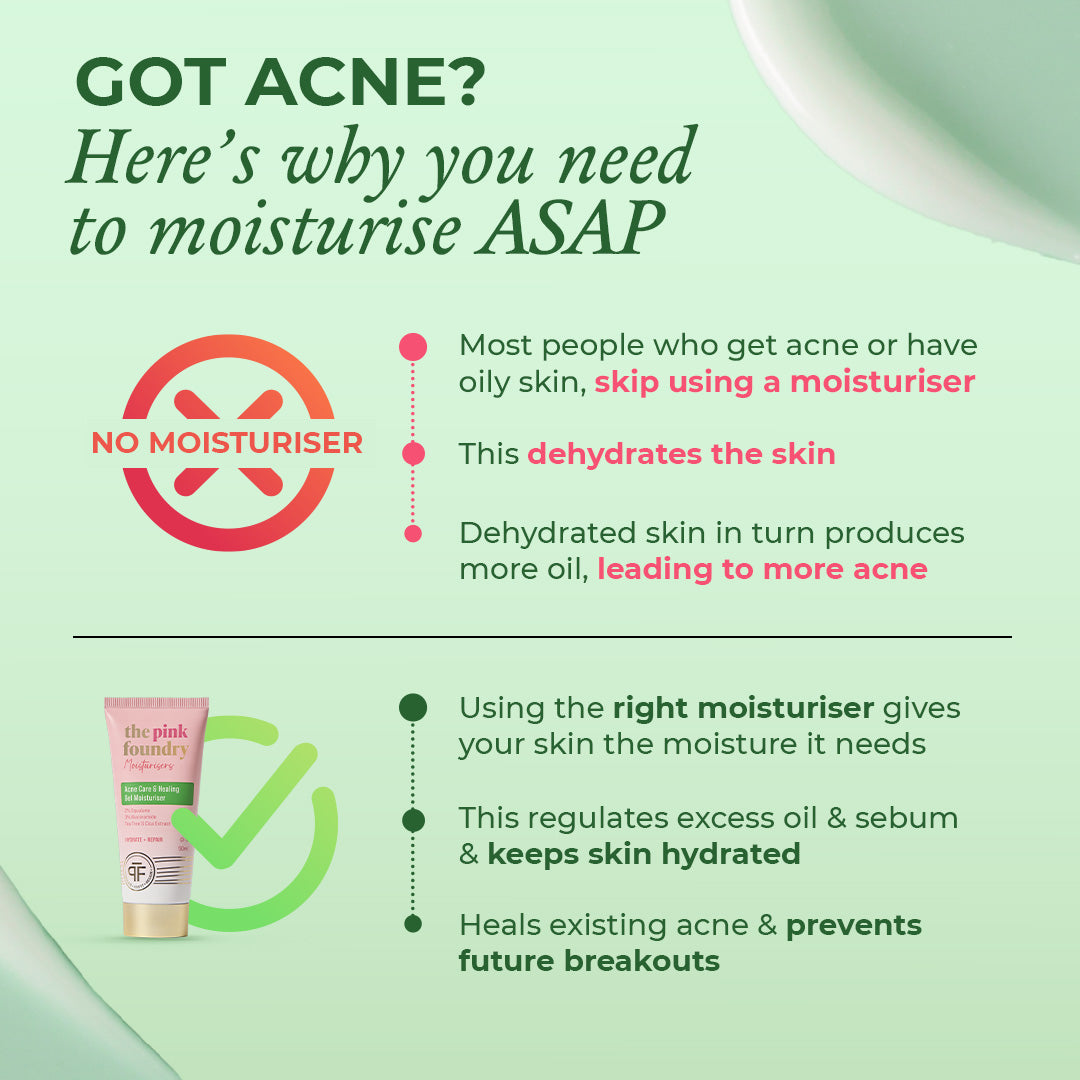




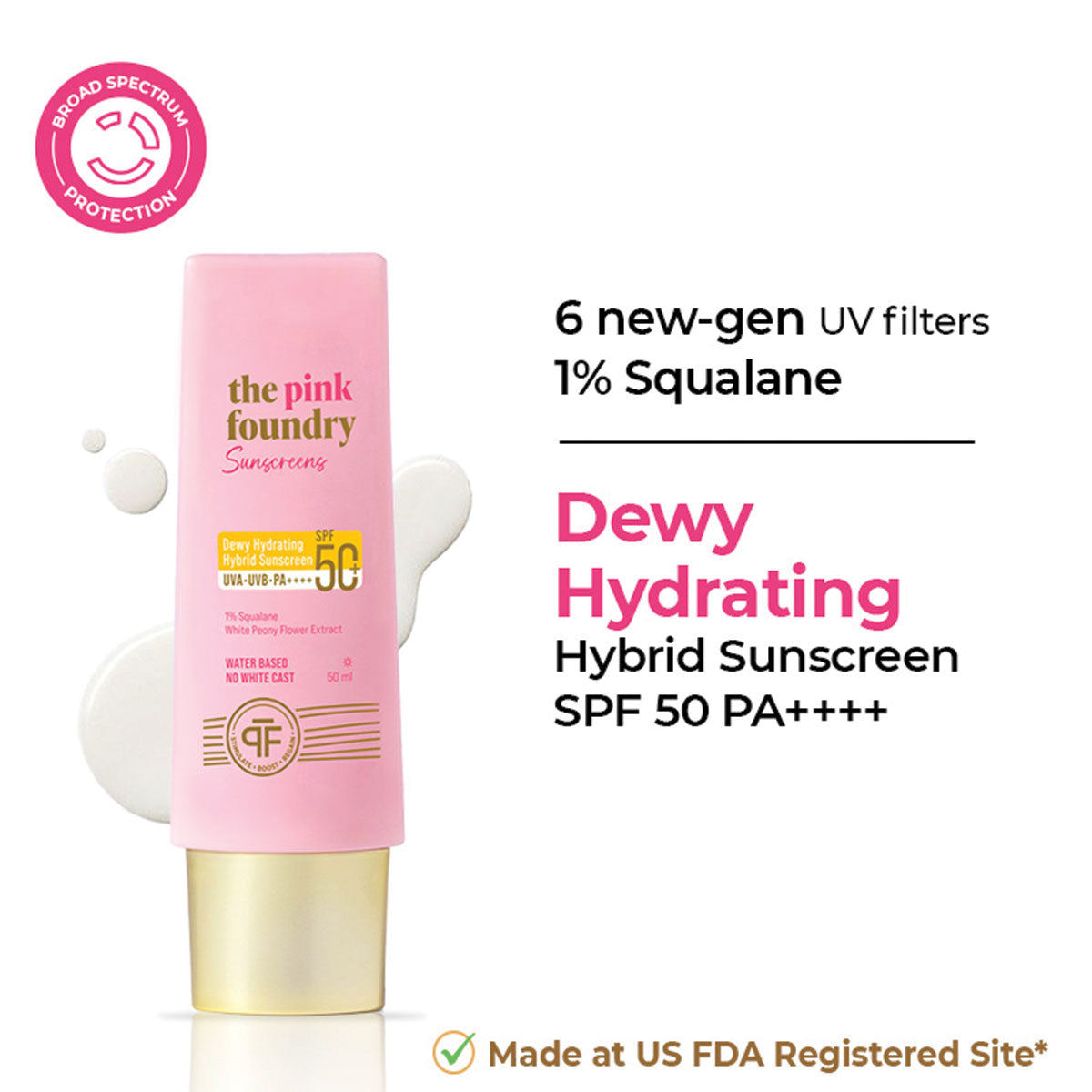
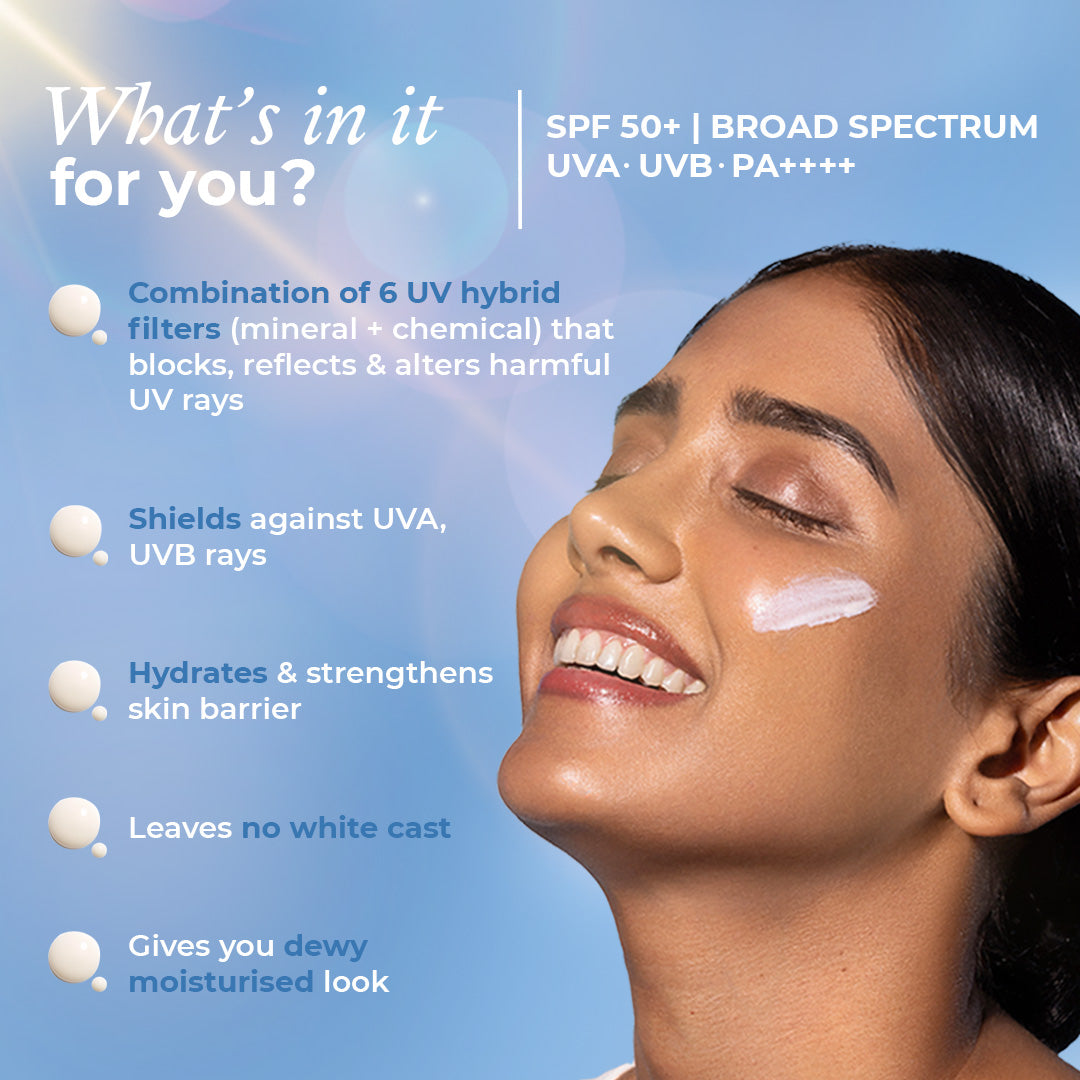
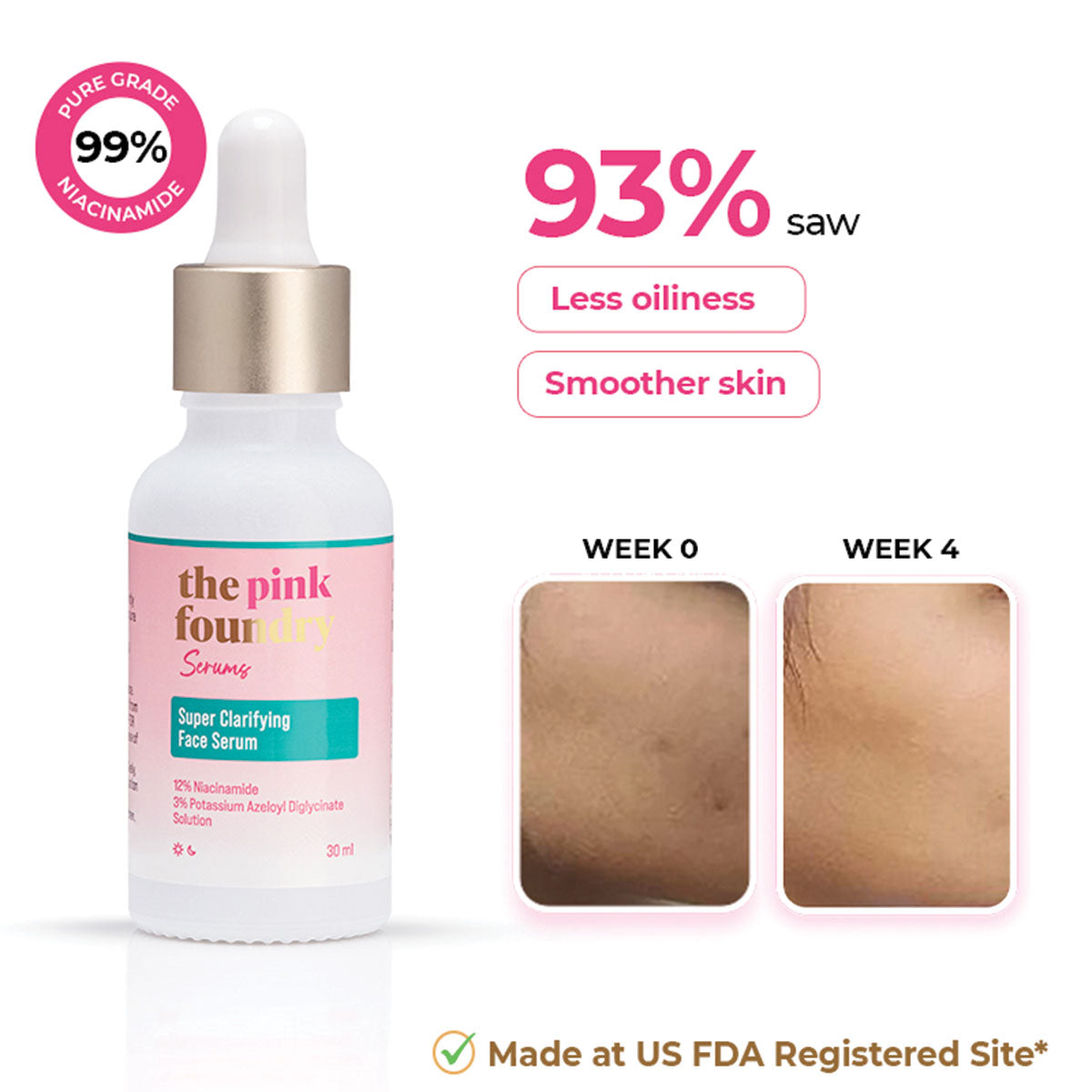
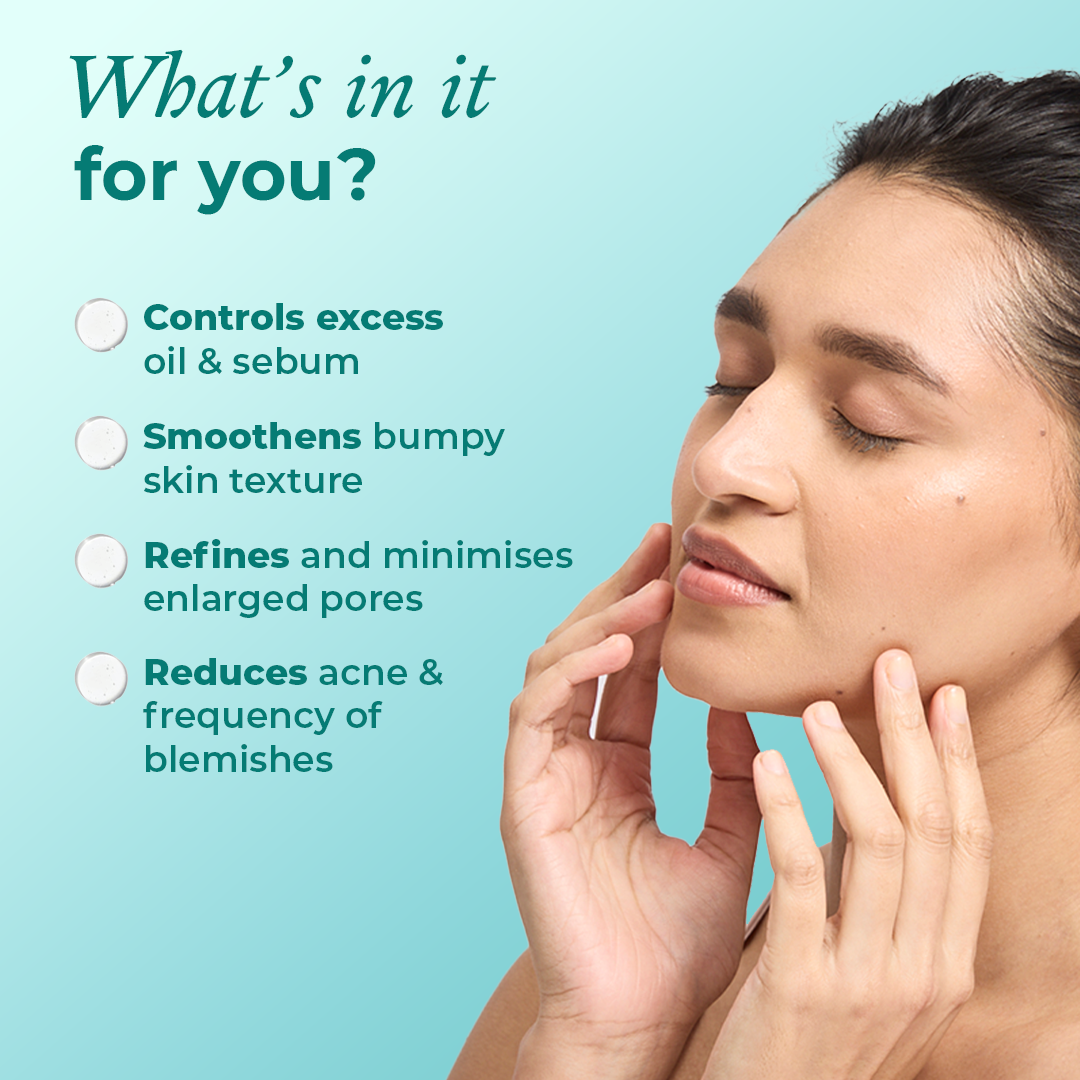
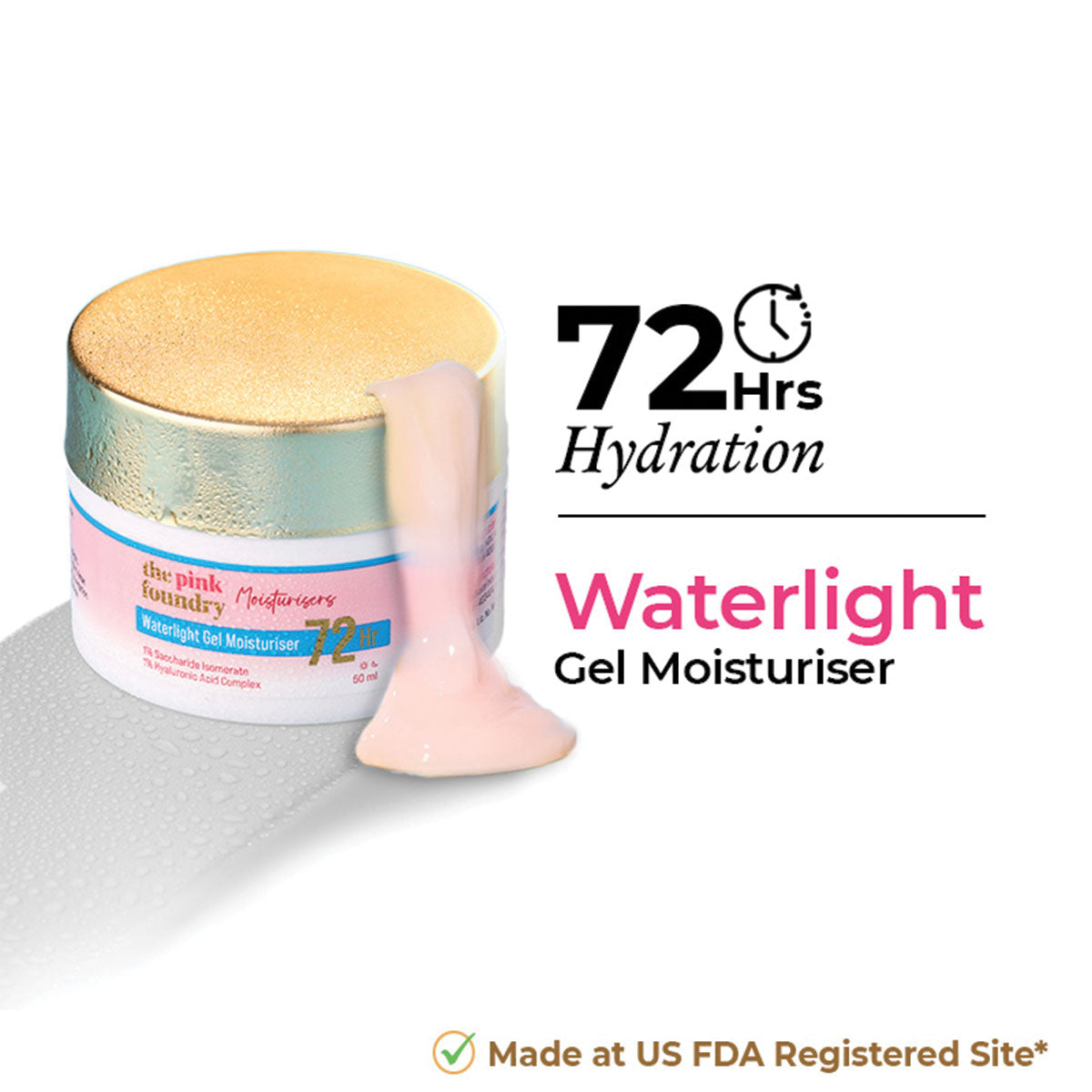
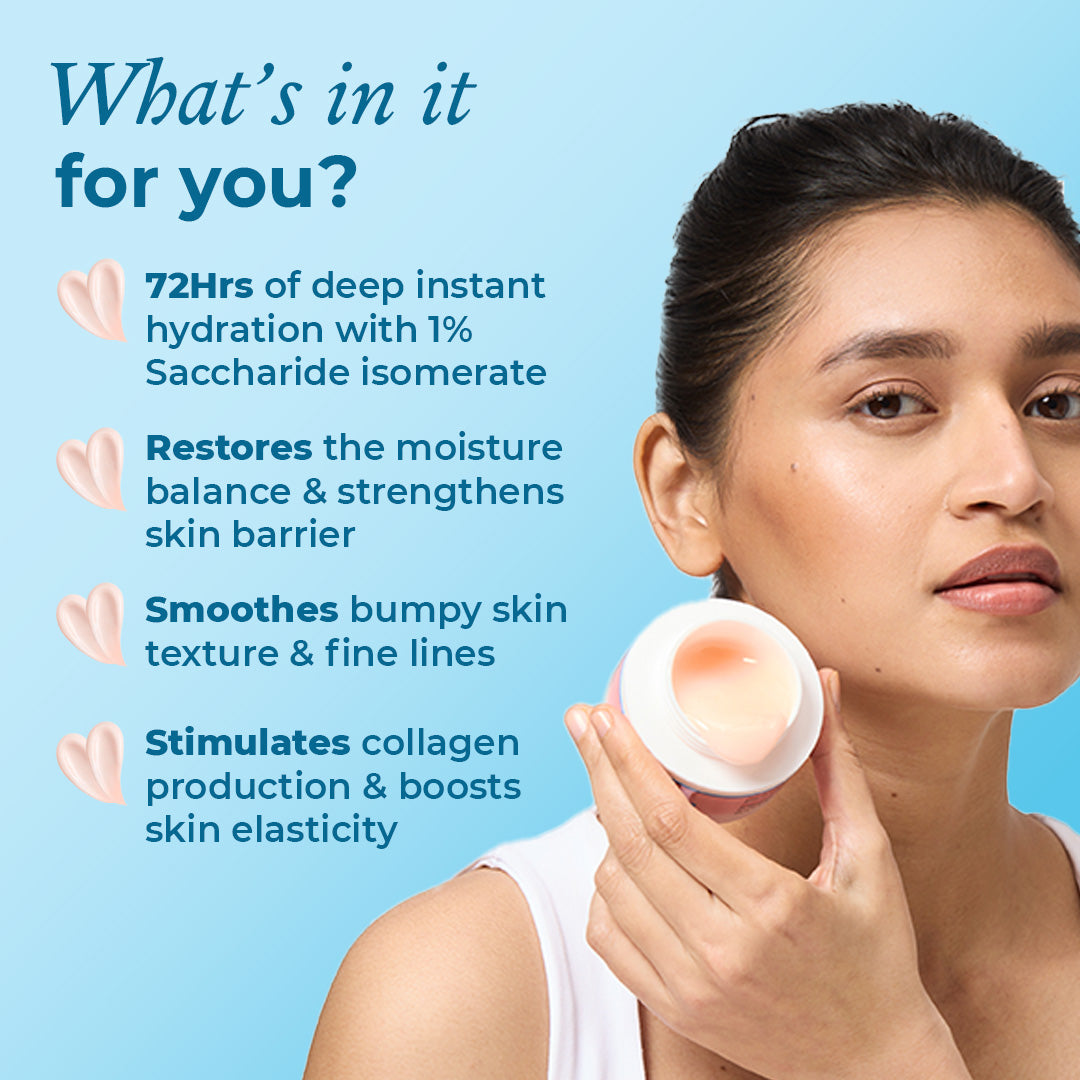




Leave a comment
This site is protected by hCaptcha and the hCaptcha Privacy Policy and Terms of Service apply.